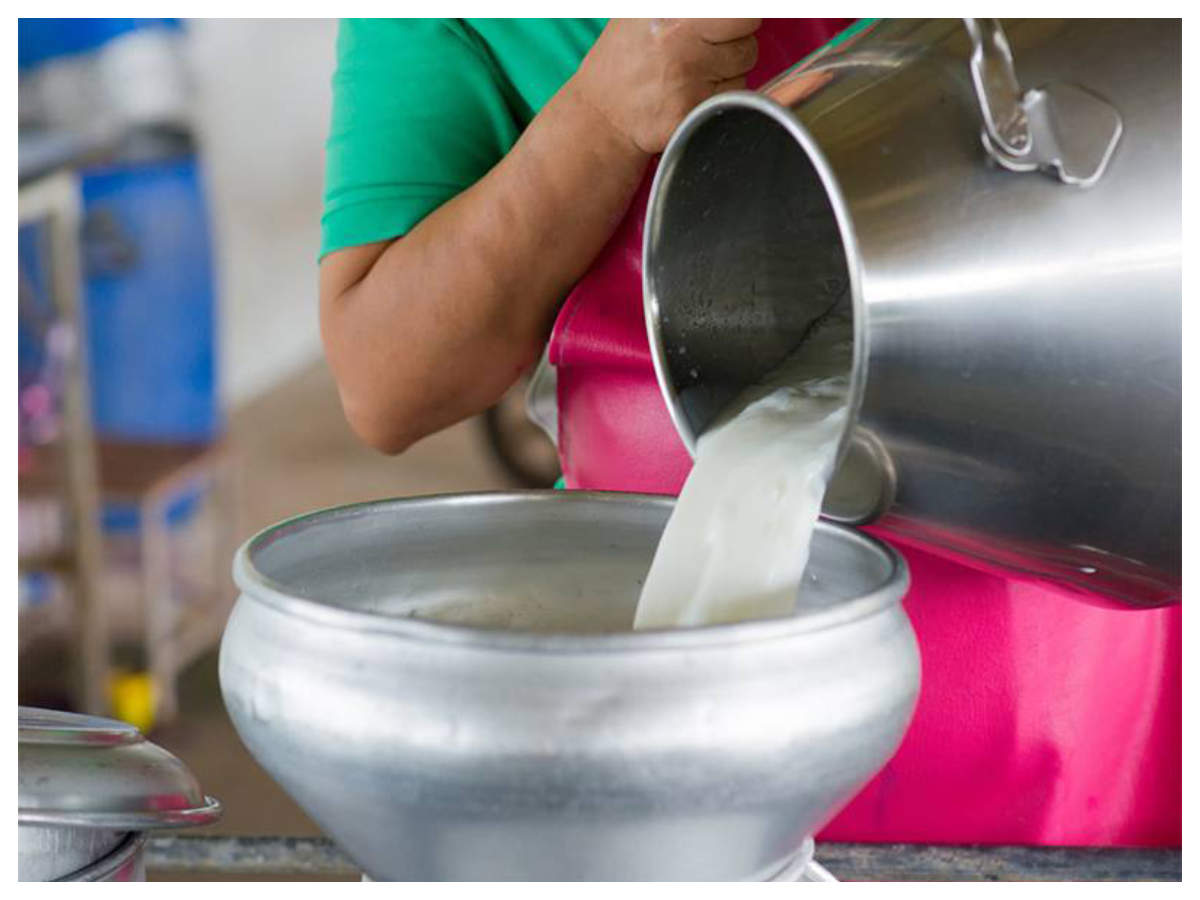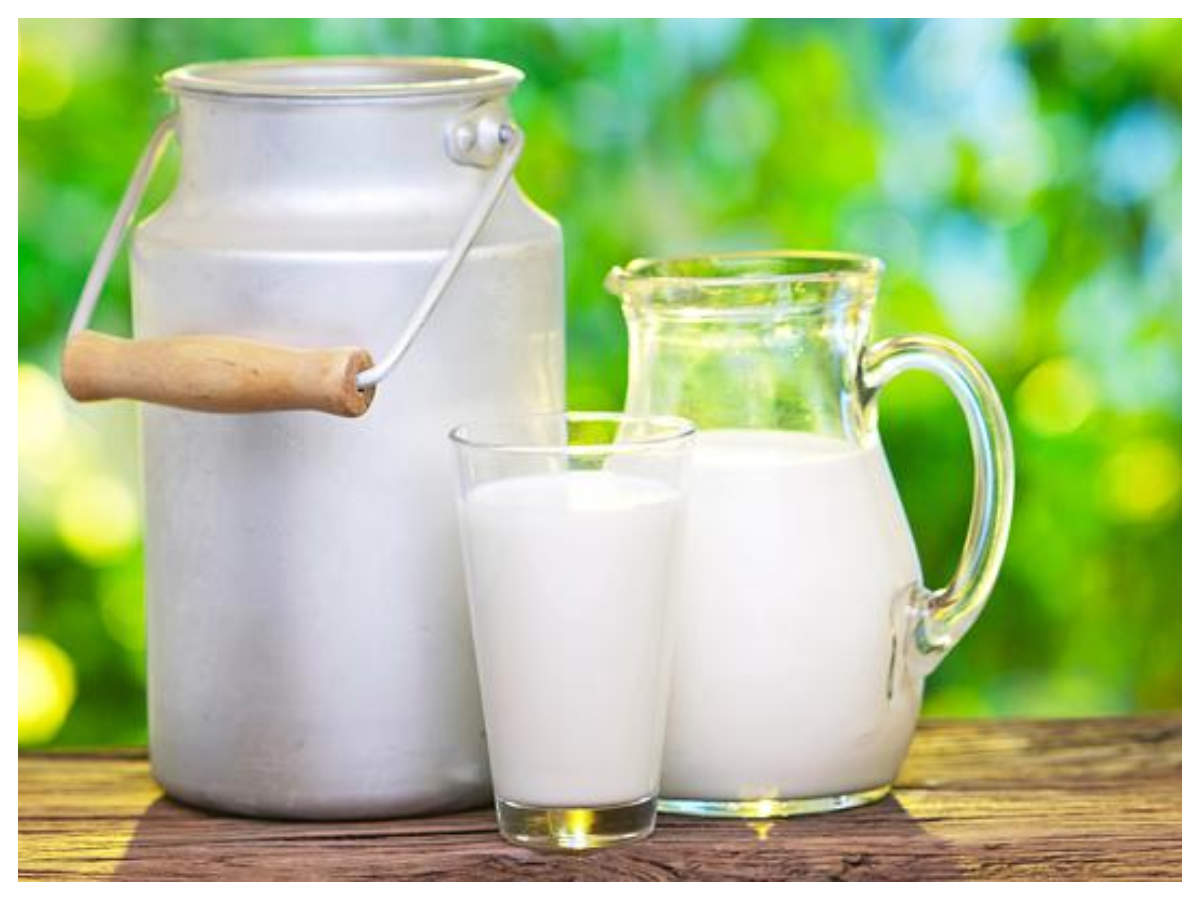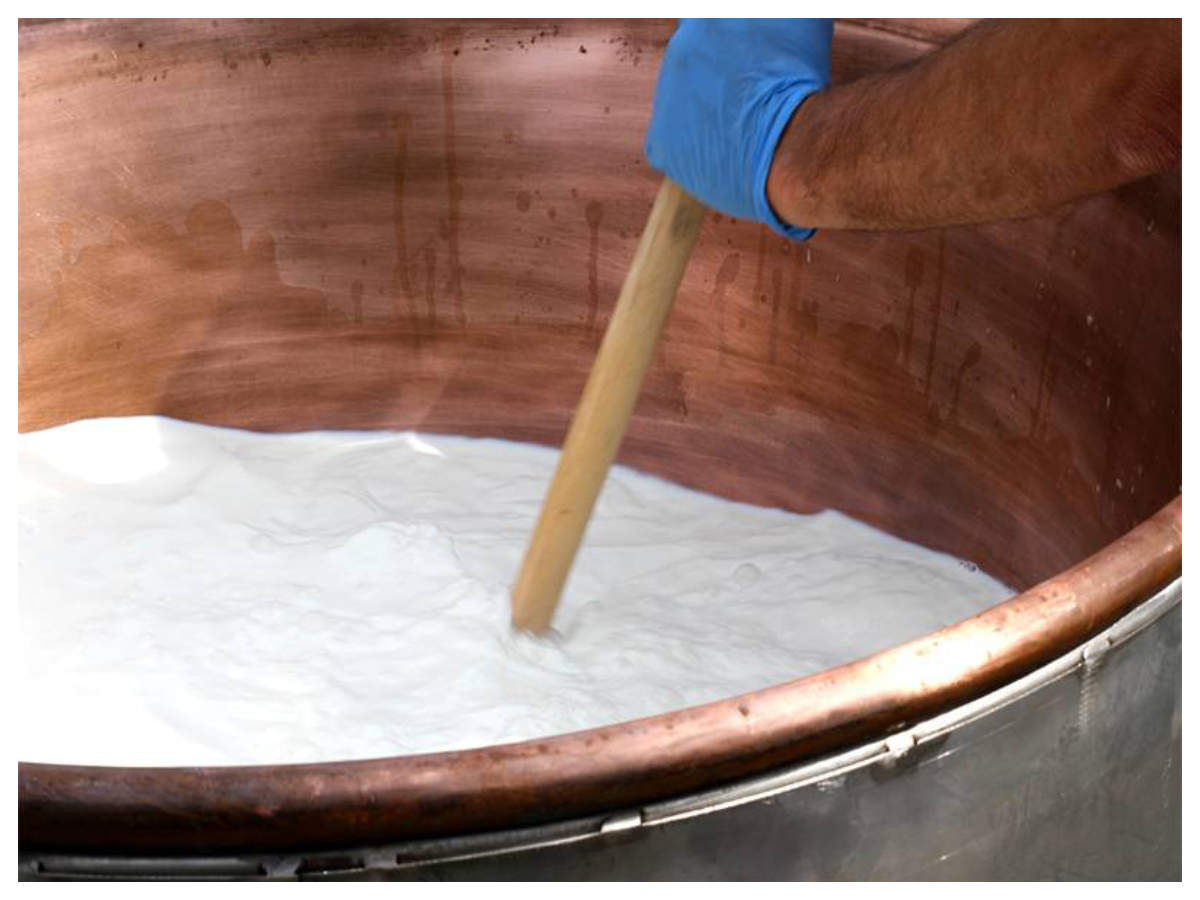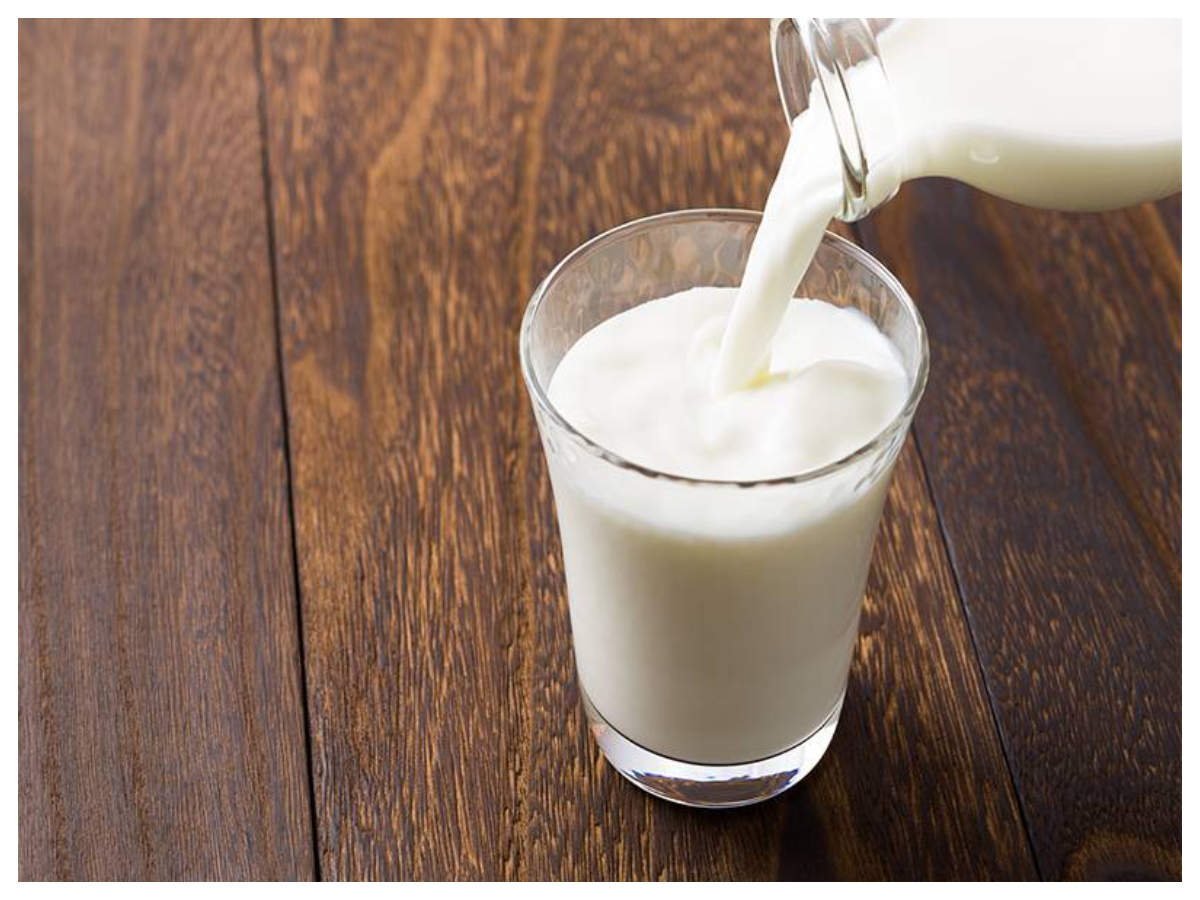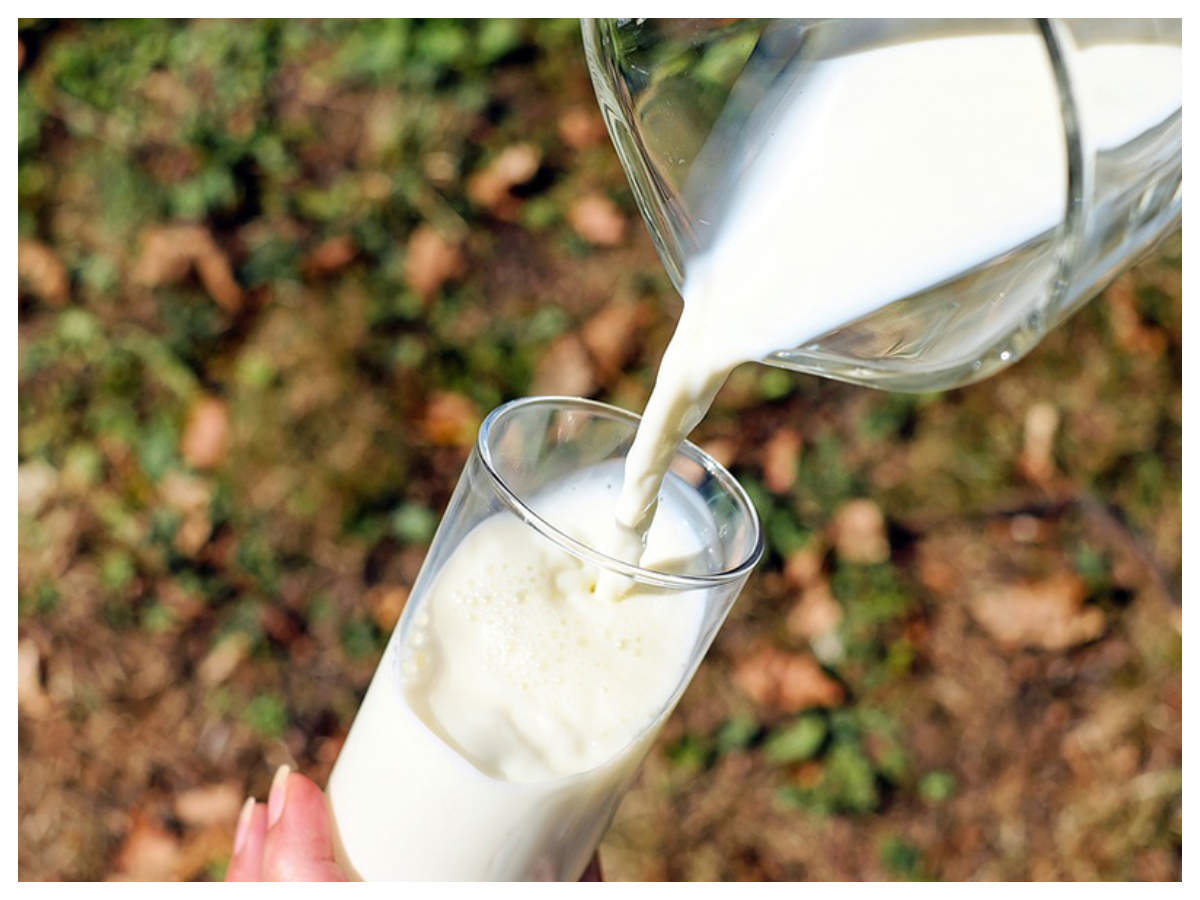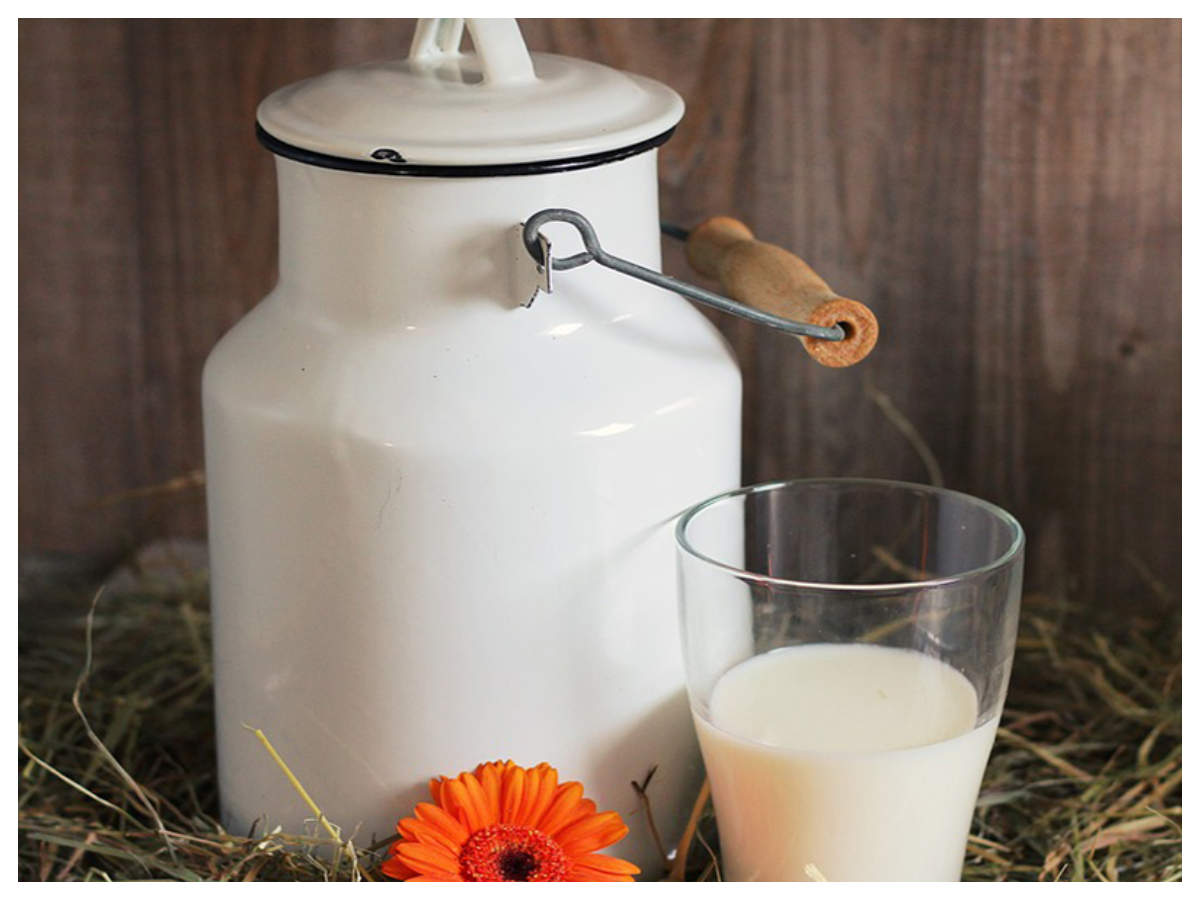Chandigarh: Availability of only vegetarian food, charges similar to those at canteens of PGI and Panjab University (PU), Rs 10,000 penalty in case of overcharging and Rs 1 lakh reserve price of each kiosk per month are some of the key features the municipal corporation (MC) has incorporated in its MoU (memorandum of understanding) to be signed with eligible bidders for the Night Food Street, Sector 14, opposite PGI.
It will be for the first time the civic body will be holding e-tendering for the project. Earlier, kiosks were either given through the draw of lots or bidding system.
The MoU will be placed before members of the general house during the monthly house meeting of the civic body on Thursday. The Night Food Street has been shut since the last three months.
Under vegetarian food, Indian, Chinese, continental, south Indian, fast food, juices and cold drinks will be allowed at the kiosks. However, egg-based dishes would be allowed to be sold in the kiosks. The MoU clarified cooking would not be allowed in the kiosks and they would only sell food items.
According to the MoU, the reserve prices of each kiosk would be Rs 1 lakh per month with GST. Initially, the shops would be given for an year but will be extendable to a maximum of three years, subject to satisfactory performance and increase of 10% of last payable licence fee.
The applicant should have valid food licence under Food Safety Act issued by a competent authority. In the case of non-payment of the licence fee or non-use of such kiosks by the due or extended date not exceeding 60 days or breach or non-observance by the licencee of any of the conditions of the licence, it shall be lawful to terminate the licence.
Back after 3 months
The civic body had used the period of two-and-a-half months of the model code of conduct period owing to the Lok Sabha elections to prepare a MoU for the Night Food Street, which is all set to open after a gap of three months.
Rate list
The MoU clearly mentioned that the licence shall display the rate list of the eatable items at a place visible to all customers. The licencee shall keep kiosks and its surroundings in a clean and hygienic condition and no sale of tobacco would be allowed. Polythene bags shall not be allowed for packing of food items. Inspection of kiosks and food items and its charges are the key segments of the MoU.
